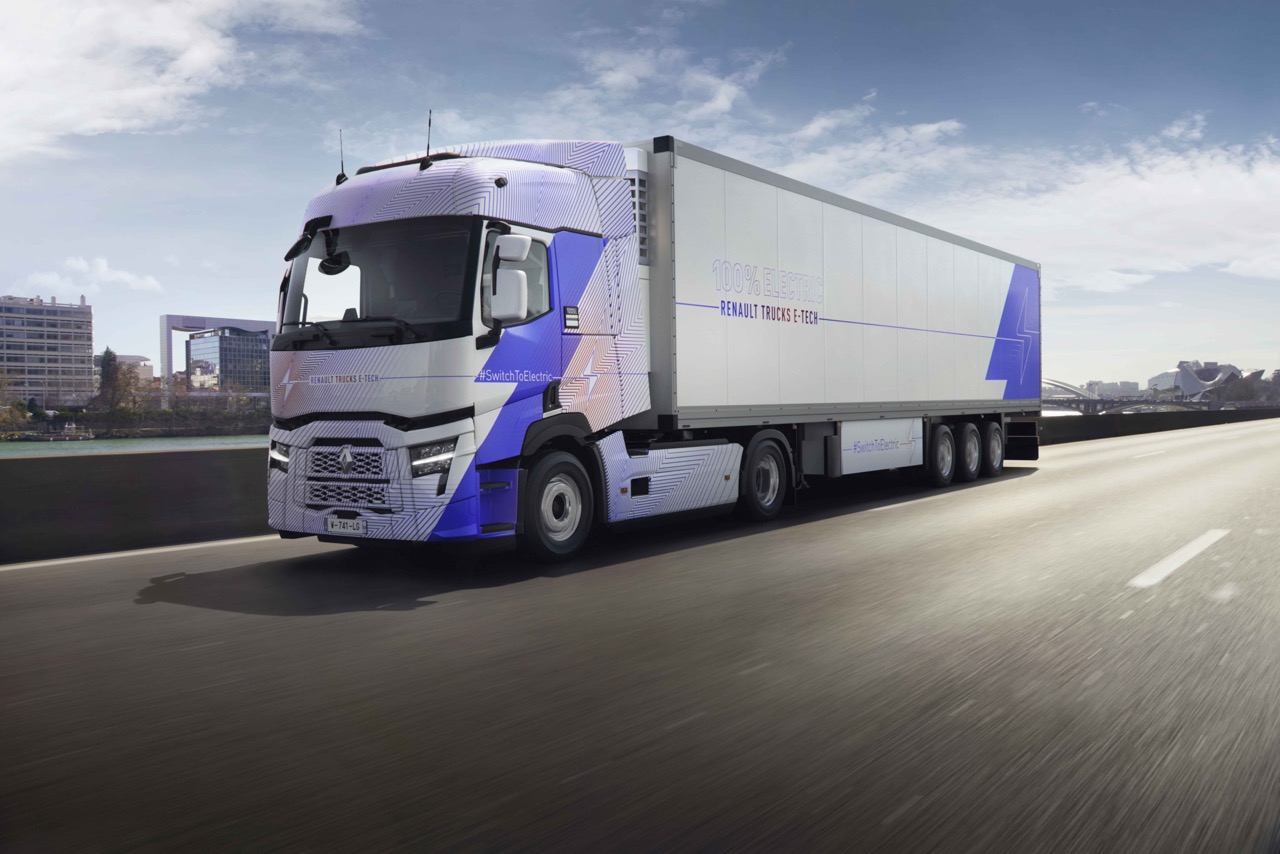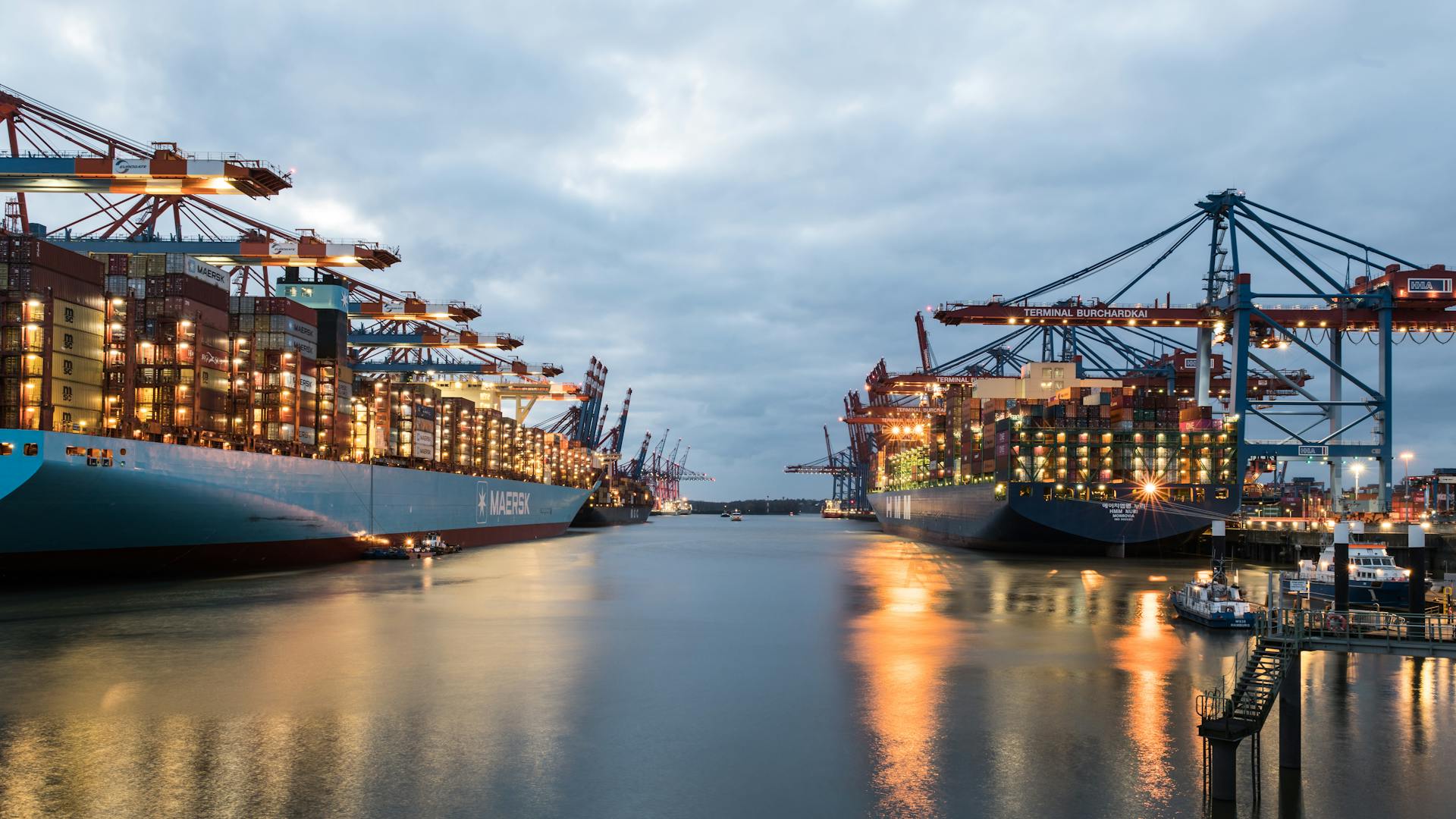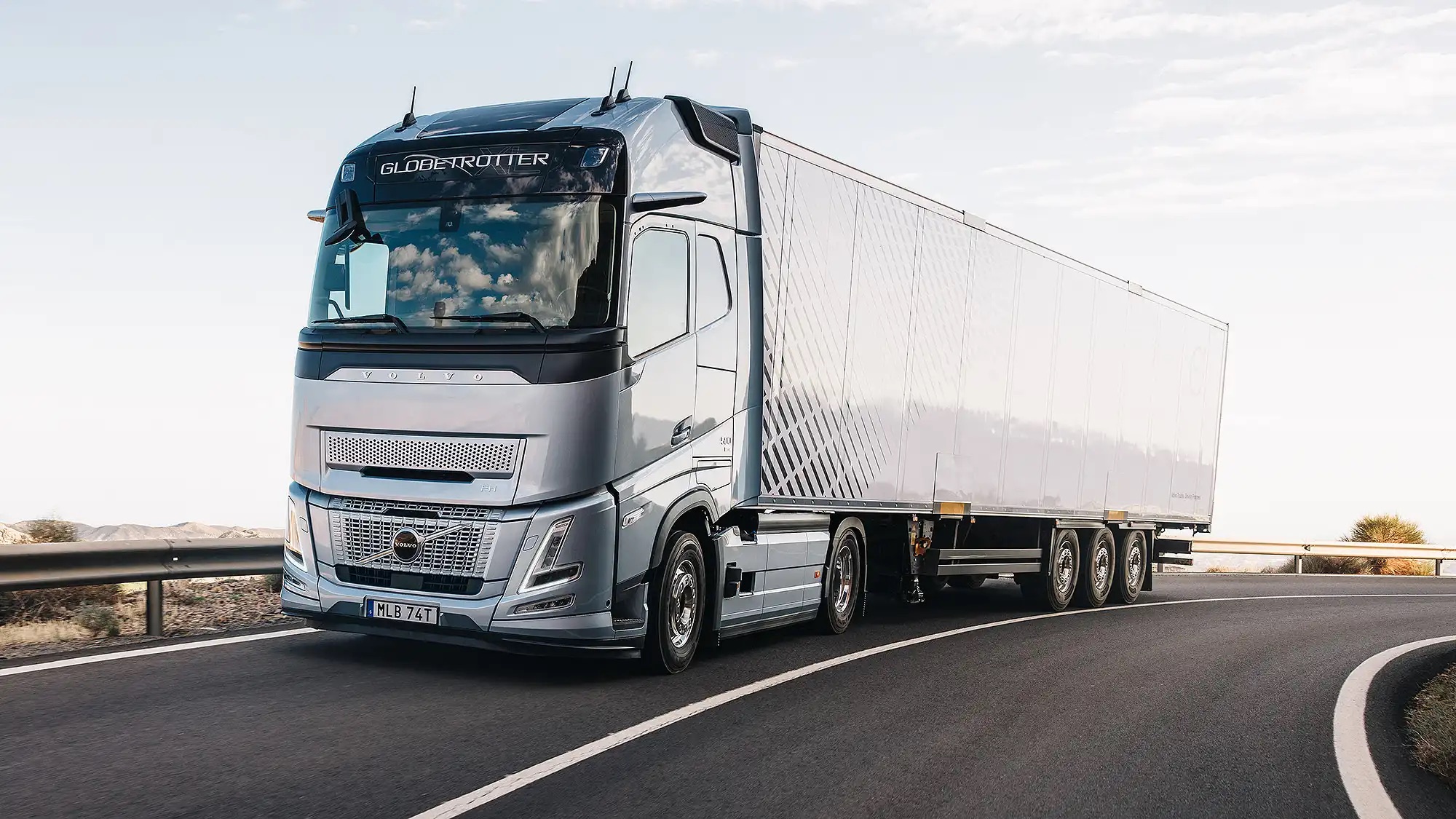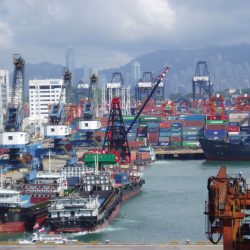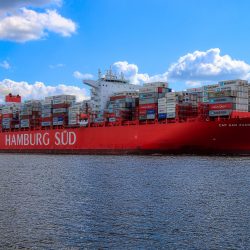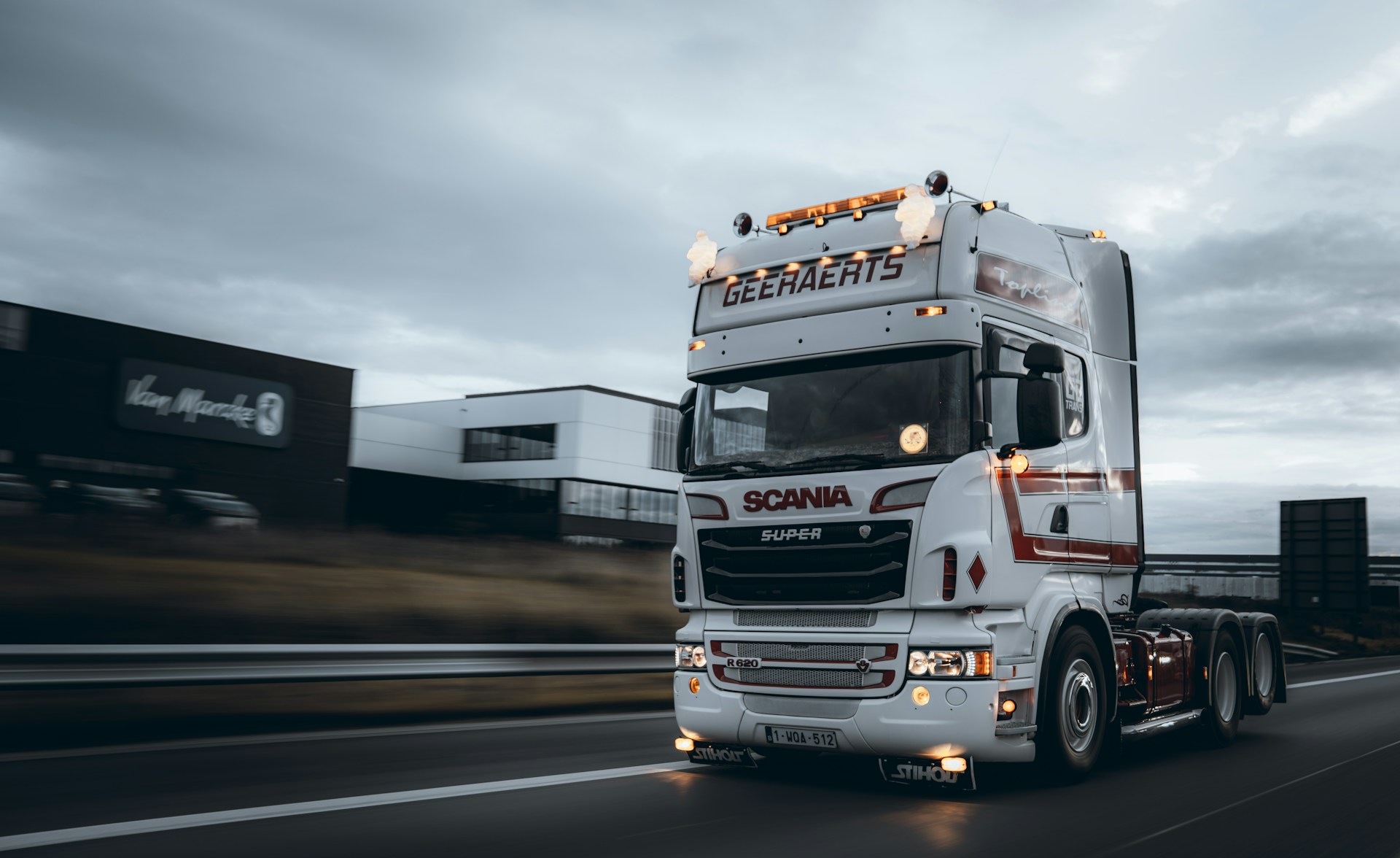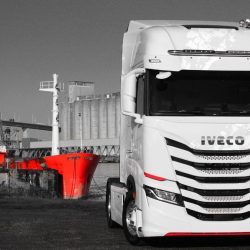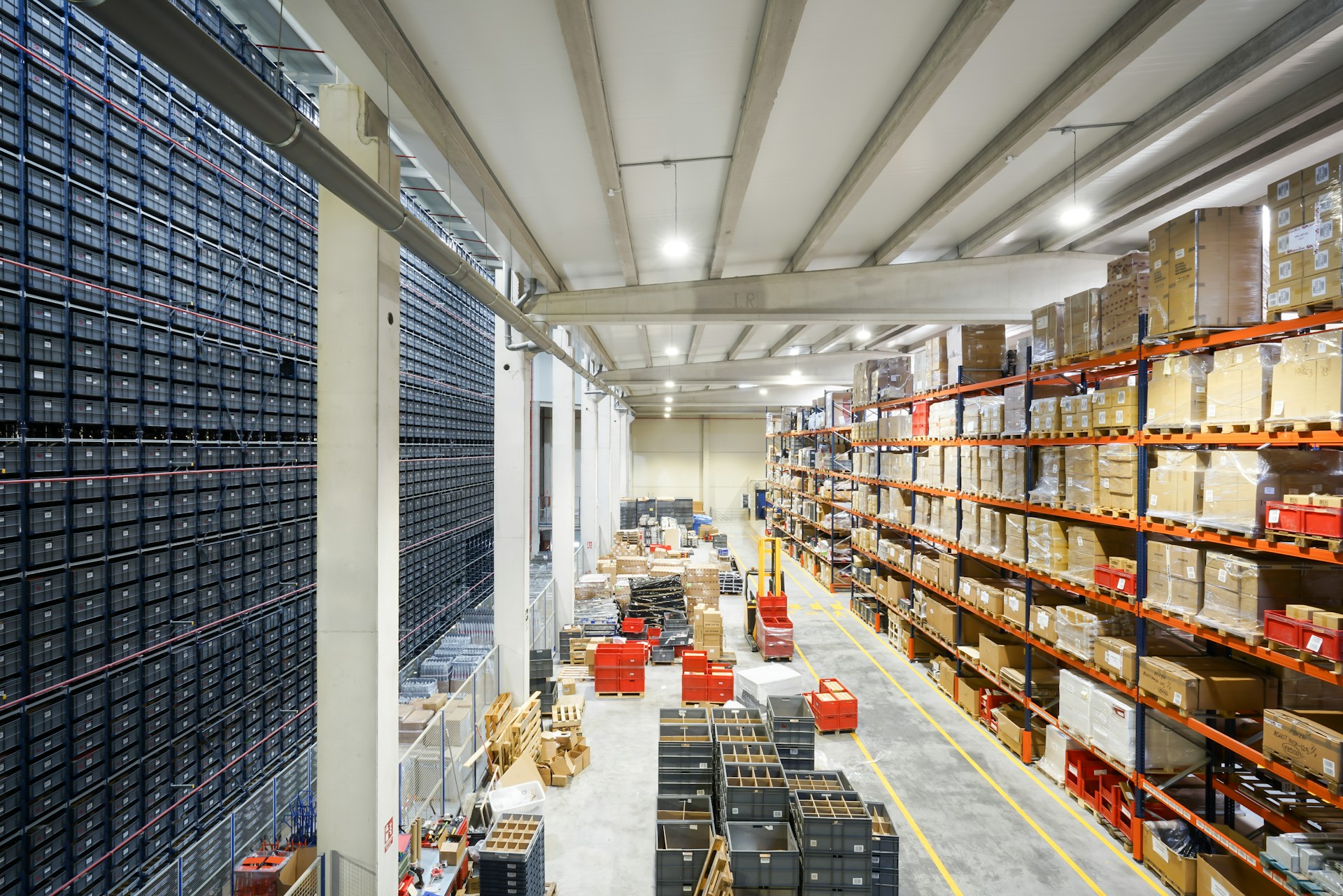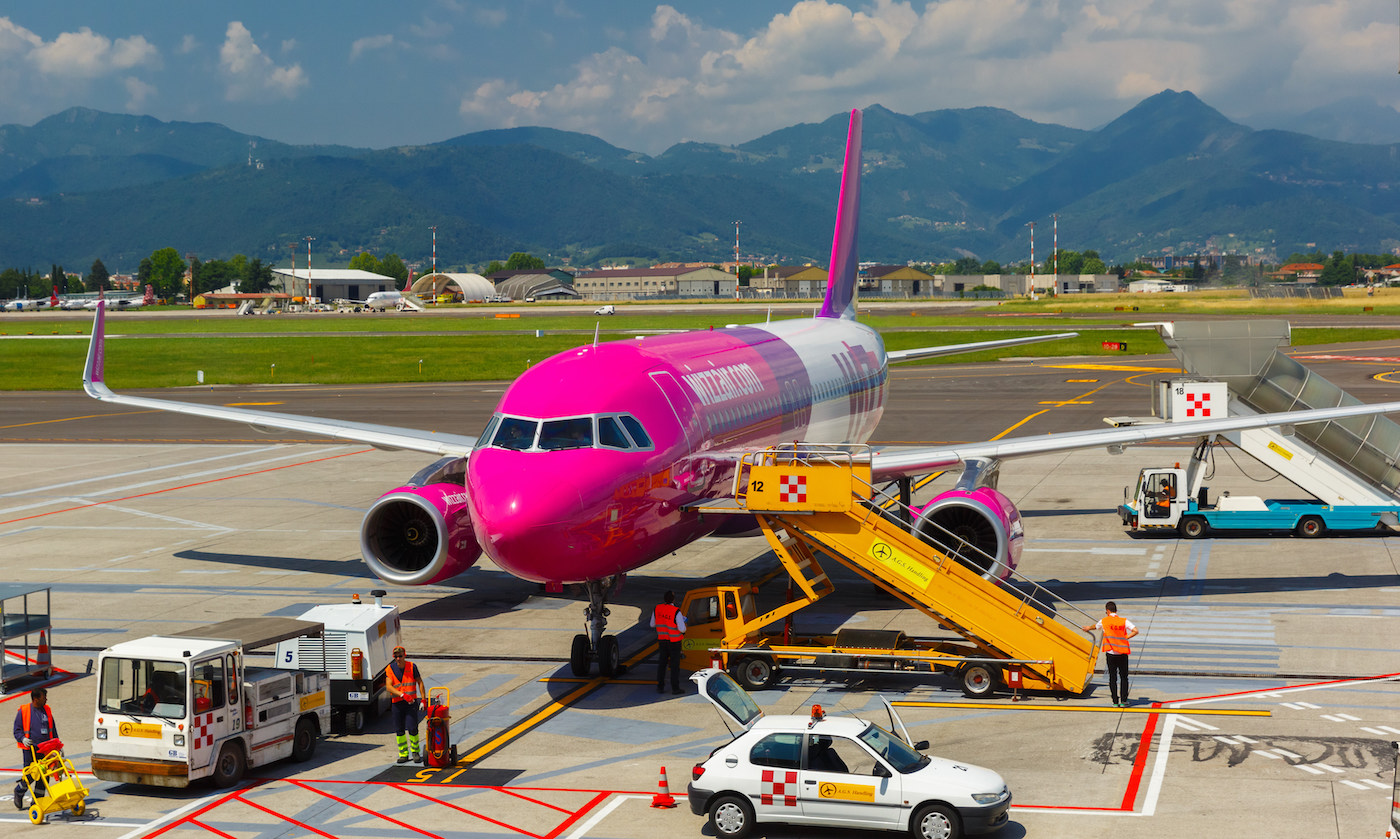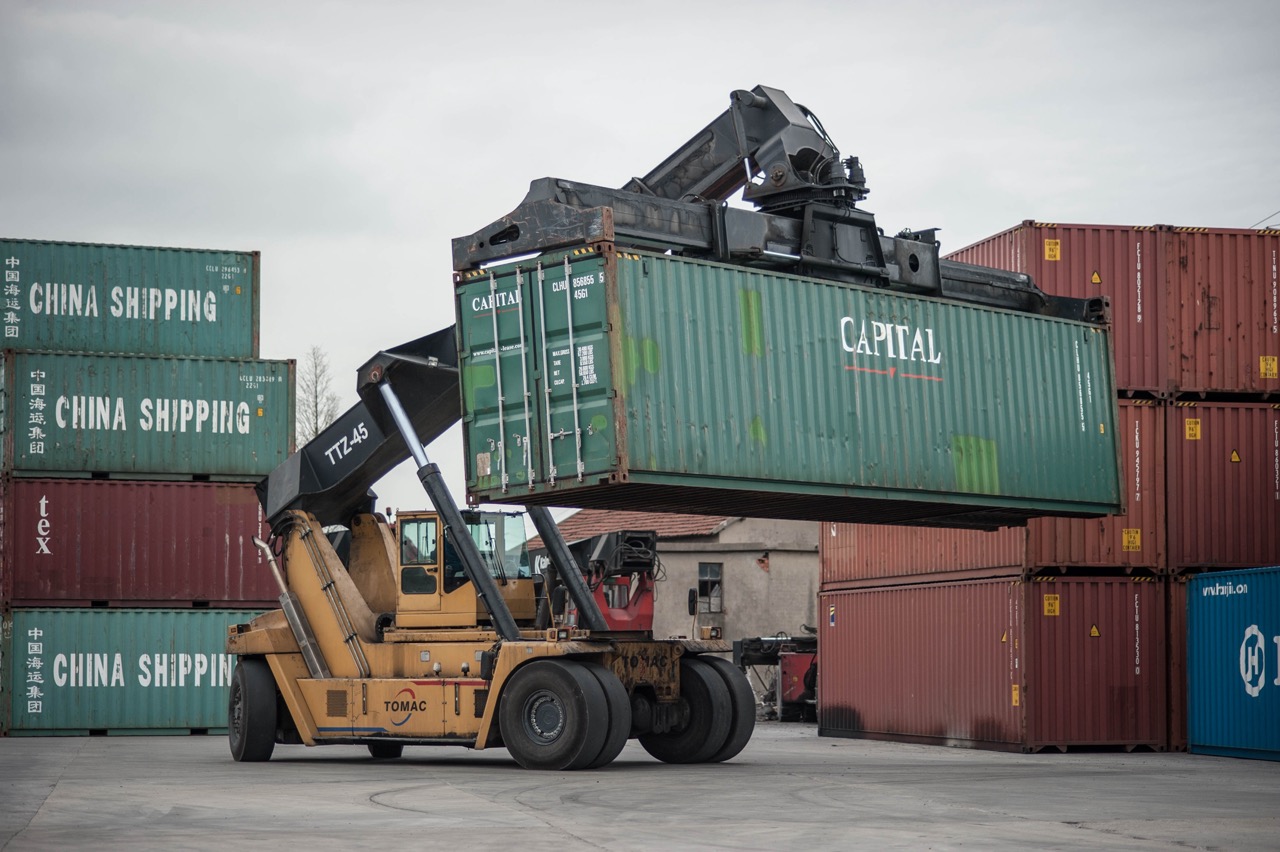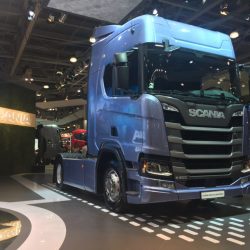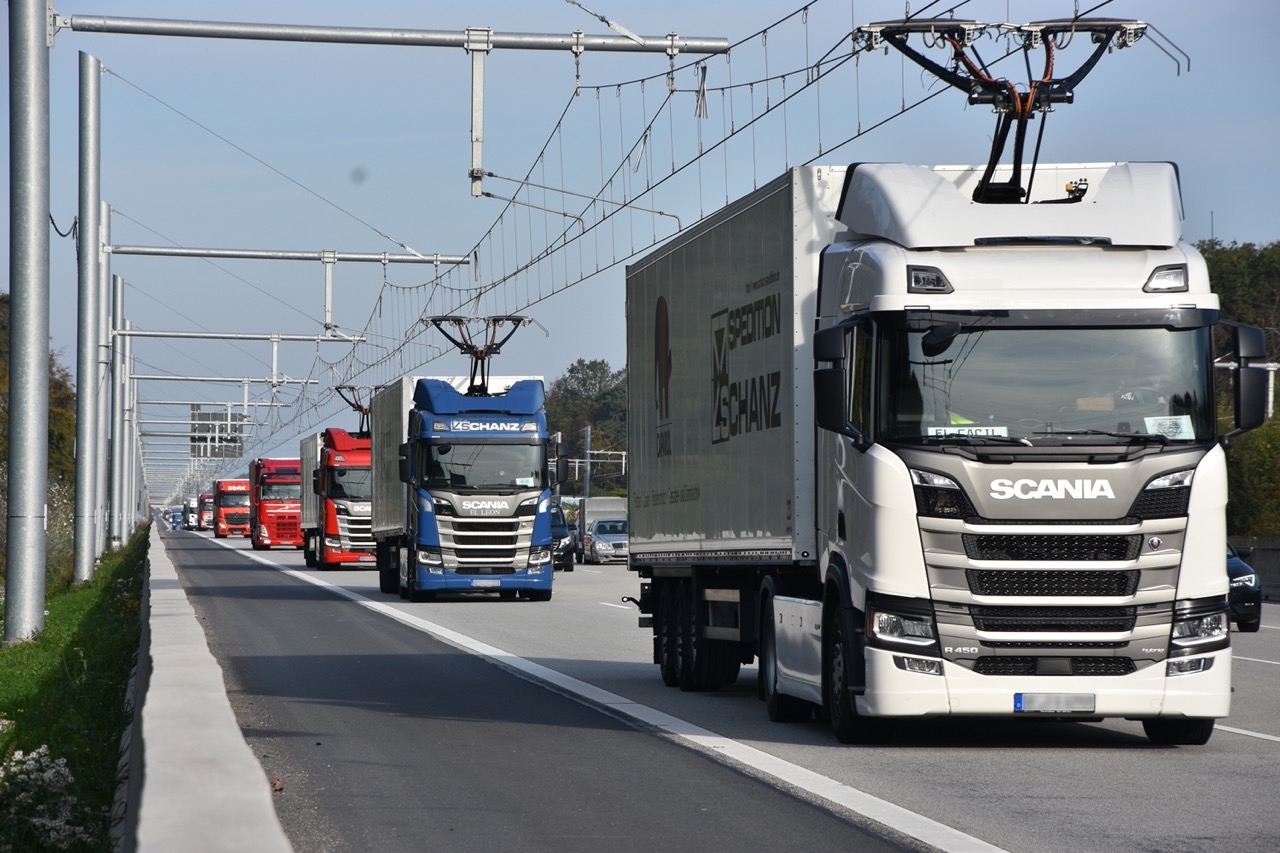Renault Trucks uses electric trucks for internal processes
Reducing carbon emissions is a critical issue for the logistics industry. Companies are trying to reduce environmental impact by optimising routes and renewing their fleets. Renault Trucks is an example of the move towards carbon neutrality. It produces electric vehicles for logistics and implements new approaches to reduce emissions at its plants.
Features of innovation
The company’s first step was to electrify its internal logistics. This involved transporting truck axles between two of the company’s plants. The manufacturer has adopted the following strategy:
- the company has allocated five of its own E-Tech T electric trucks;
- each vehicle has a payload of 44 tonnes;
- the total annual mileage of the electric trucks will be more than 440,000 kilometres, enough to cover the yearly distance between the Lyon and Bourg-en-Bresse sites.
Two operators, Dupessey and Transports Chazot, have taken over the transport.
The electric vehicles make two trips a day to deliver components to Bourg-en-Bresse. Each truck carries 22 tonnes. If demand increases, Renault plans to increase the number of cars to seven.
Renault Trucks experts have thought through every step of the process to maximise efficiency. The vehicles’ charging takes about 50 minutes in Lyon. For this purpose, the factory has set up a large charging station to accommodate four trucks at a time. Each point has a capacity of 360 kW.
In addition, the vehicles are left overnight at the hauliers’ sites. Charging points are also available.
The manufacturer’s analysts have calculated the benefits of using electric cars. They predict this approach will reduce carbon dioxide emissions by around 375 tonnes a year.
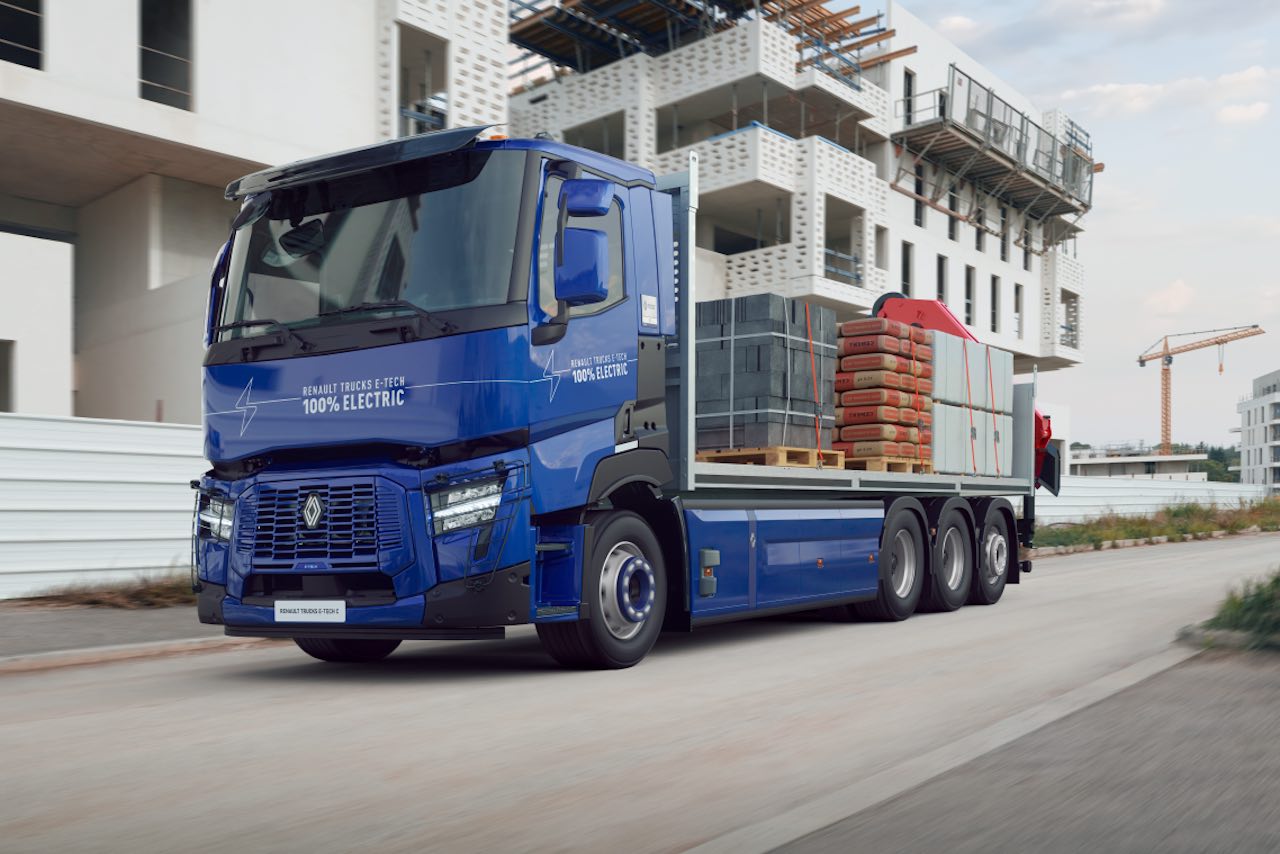
Future plans
Renault points out that this innovation is only the first step to electrification. At the same time, the manufacturer did not just decide to start with the complex Lyon-Bourg-en-Bresse route. The transport of axles between these two plants is subject to strict time constraints. Order fulfilment depends on the timely delivery of components.
According to Renault’s Bruno Blin, the project to electrify this logistical route is strategically important. It will explore ways of optimising business processes with a focus on decarbonisation. The company is using its own Range Simulator software to implement this approach. The tool enables the analysis of all the risks and benefits of electrifying the planned route.
It also considers factors such as electric truck characteristics, terrain complexity, load, etc.
The success of this project has encouraged manufacturers to set more ambitious targets. Renault Trucks, for example, plans to electrify logistics between all its sites by 2030. The ultimate goal is to completely switch to electric transport for all movements between the company’s sites.

